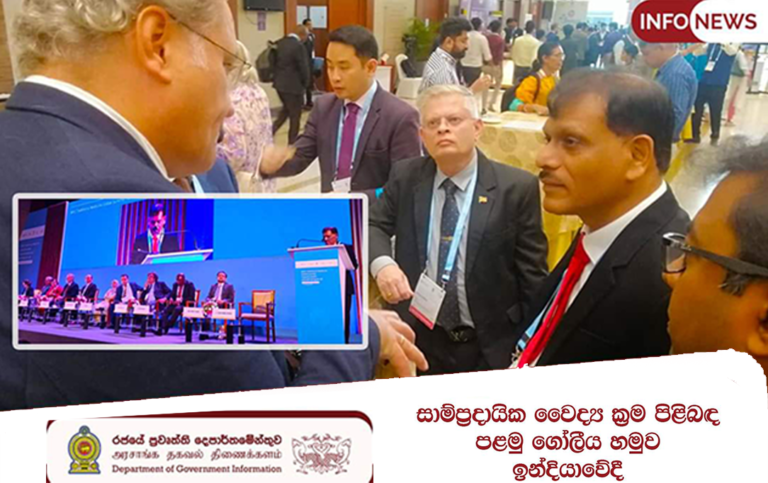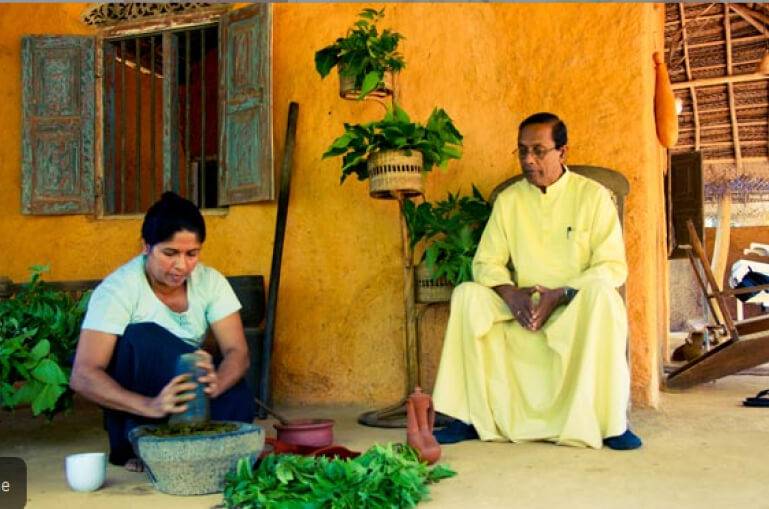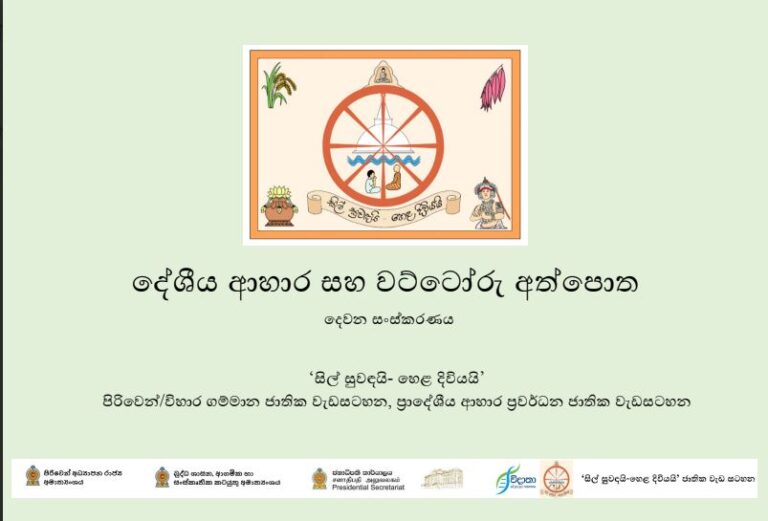The Department of Ayurveda: Preserving and Promoting Ancient Wisdom

Introduction to Ayurveda
Ayurveda, an age-old system of medicine, has its roots in India and is known for its holistic approach to healthcare. Focusing on the harmony and balance of the body, mind, and spirit, it emphasizes the importance of preventive healthcare and personalized treatments. The Department of Ayurveda, a vital institution in Sri Lanka, is dedicated to promoting and preserving the ancient wisdom of Ayurveda.
The Role of the Department of Ayurveda
As a key government organization, the Department of Ayurveda plays a crucial role in advancing Ayurvedic knowledge, practices, and treatments. Its primary objective is to ensure the accessibility and availability of Ayurvedic healthcare services to the population. By regulating and overseeing Ayurvedic education, research, and practice, the department aims to maintain high standards of quality and efficacy.
Ayurvedic Healthcare Services
One of the core functions of the Department of Ayurveda is the establishment and maintenance of Ayurvedic hospitals, clinics, and wellness centers. These facilities provide a range of traditional Ayurvedic therapies, treatments, and consultations, catering to various health conditions and promoting preventive healthcare.
Education and Training
The department is responsible for overseeing the curriculum and standards of Ayurvedic education institutions, ensuring that aspiring practitioners receive comprehensive and rigorous training. By nurturing a new generation of Ayurvedic professionals, the department aims to preserve and pass on the ancient wisdom of Ayurveda to future generations.
Research and Development
The Department of Ayurveda actively supports scientific studies and clinical trials to validate the efficacy of Ayurvedic treatments, ensuring evidence-based practices and fostering integration with modern medicine. This research helps expand the knowledge base of Ayurveda and contributes to its acceptance and recognition on a global scale.
Quality Control and Standardization
Integral to the department’s responsibilities is the establishment of guidelines and standards for the preparation, packaging, and labeling of Ayurvedic medicines and formulations. This includes monitoring manufacturing practices, conducting inspections, and regulating the import and export of Ayurvedic products to ensure their quality, safety, and efficacy.
Public Awareness and Education
The department creates public awareness campaigns, organizes health fairs, and delivers public lectures to educate the general population about the benefits and principles of Ayurveda. Their dedication to preserving and documenting indigenous knowledge and practices ensures the continuation of traditional healing methods, rituals, and remedies for future generations.
International Collaboration and Global Promotion of Ayurveda
The Department of Ayurveda actively engages in international collaborations and partnerships to exchange knowledge, share best practices, and promote Ayurveda globally. By participating in conferences, seminars, and workshops, they contribute to the international dialogue on traditional medicine and its integration into healthcare systems.
The Importance of Ayurveda in Modern Healthcare
With its emphasis on holistic well-being and personalized treatments, Ayurveda continues to provide valuable insights and contribute to the health and wellness of individuals and communities. The Department of Ayurveda serves as a guardian and promoter of Ayurveda, striving to integrate this traditional system of medicine into modern healthcare practices.
Cultural Exchange and Enhanced Understanding
Through various initiatives, the department aims to create awareness, exchange knowledge, and facilitate cultural exchanges to enhance the understanding and acceptance of Ayurveda worldwide. This helps bridge the gap between traditional and modern medicine, fostering greater appreciation for the wisdom and benefits of Ayurveda.
Evidence-Based Practices and Scientific Validation
Supporting and funding research projects, the Department of Ayurveda contributes to the scientific validation of Ayurvedic principles, herbal medicines, and therapeutic interventions. These efforts build the evidence base supporting the efficacy of Ayurveda, paving the way for greater integration with modern medicine.
Preserving and Advancing Ayurvedic Knowledge
By overseeing education and training, the Department of Ayurveda ensures that aspiring practitioners acquire comprehensive and high-quality training in Ayurvedic principles, diagnostics, therapies, and herbal medicine. This helps preserve and advance the ancient wisdom of Ayurveda, ensuring its continued relevance in today’s world.
Conclusion
The Department of Ayurveda plays a pivotal role in safeguarding and promoting the ancient wisdom of Ayurveda. Through its various functions and initiatives, the department ensures the accessibility, quality, and effectiveness of Ayurvedic healthcare services, while contributing to the global recognition and acceptance of this holistic system of medicine. By fostering the integration of Ayurveda into modern healthcare practices, the Department of Ayurveda continues to impact the health and well-being of individuals and communities worldwide.






